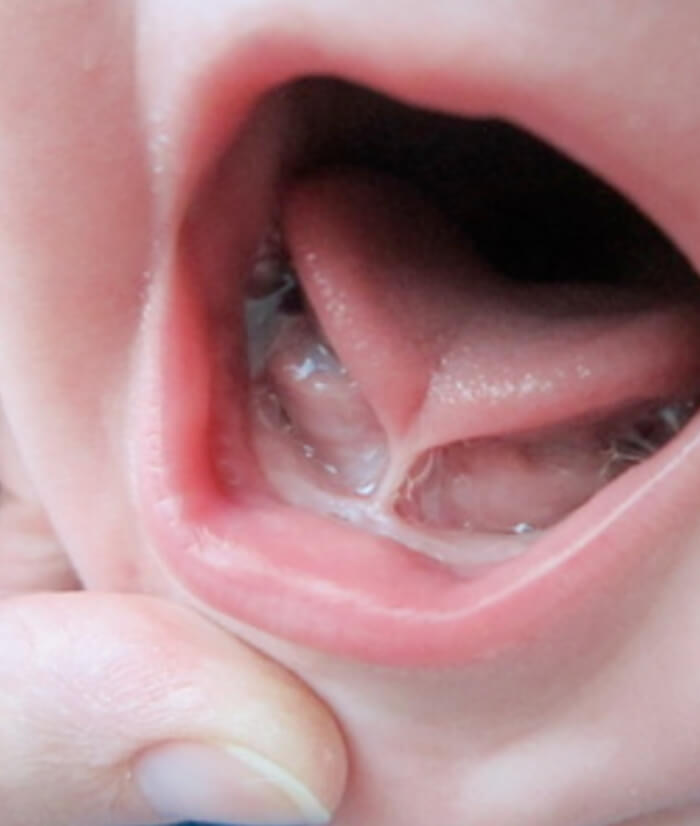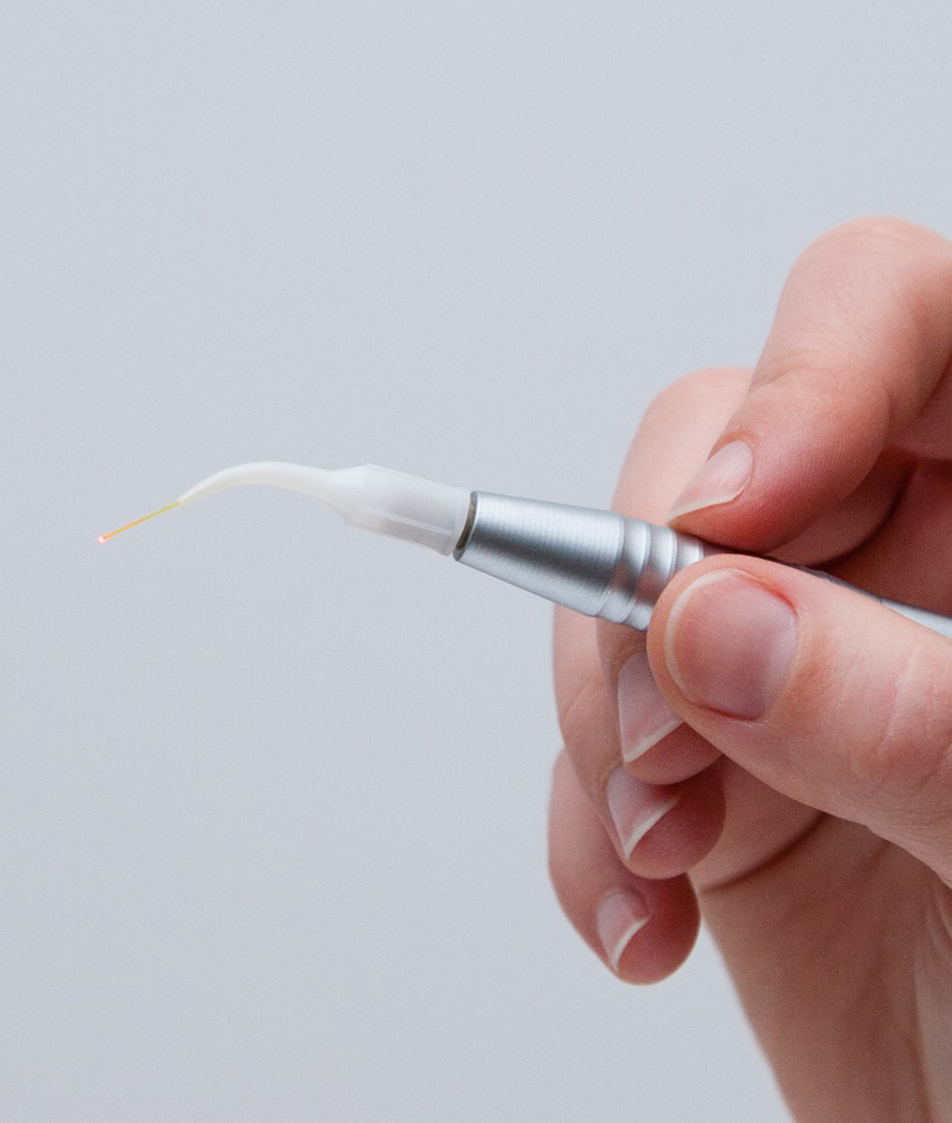
Lip & Tongue-Tie Treatment – Papillion, NE
Improving Oral Movement in Infants and Children
Lip and tongue ties are becoming more commonly diagnosed. Parents may notice signs of struggling while feeding, like clicking sounds and discomfort while breastfeeding. Fortunately, our team offers fast and minimally invasive soft tissue laser frenectomies for lip and tongue ties to help them regain the full movement of their lips and tongue, helping them breast and bottle feed with ease. If you notice your little one has a problem with nursing or feeding, call our office today to schedule an appointment with our board-certified pediatric dentist to learn if your child is a candidate for a frenectomy.
Why Choose Surf’s Up Pediatric Dentistry For Lip and Tongue Tie Treatment?
- We Accept Dental Insurance
- Soft Tissue Laser Frenectomies
- Board-Certified Pediatric Dentist
How Do Lip and Tongue Ties Develop?

Lip and tongue ties are often diagnosed together, but not every child has both of them. A lip tie is when the tissue that connects their lips to their gums is overgrown or thick, restricting their movement and making sucking difficult. A tongue tie is when the piece of tissue that connects the tongue to the floor of the mouth is overgrown, restricting tongue movement.
These usually form while in utero and can cause problems that manifest in the form of:
- Difficulty latching while nursing
- Falling asleep while attempting to feed
- Acid reflux or colic
- Prolonged nursing
- The inability to hold a pacifier in their mouth
- Mothers experiencing pain while nursing
- Mothers that do not produce enough milk, or those with clogged milk ducts
- Mothers with cracked or sore nipples
Why Is It Important to Treat Lip & Tongue Ties?

Treating a lip or tongue tie early on is important because issues can carry on into childhood, adolescence, or adulthood. Depending on the severity of the lip or tongue tie, it can:
- Cause a speech impediment to form
- Result in mouth breathing, which is commonly linked to other sleep-breathing disorders
- Make it difficult to swallow food
- Cause poor oral hygiene because of a large gap between teeth
- Result in lower self-esteem because of the problems that form as a result of a lip or tongue tie
In babies, it can cause them to struggle to gain weight and experience continued fussiness, and it can make it hard for women and their babies to create a close bond that is commonly found while nursing.
Lip & Tongue Tie Treatment

A lip or tongue tie treatment is called a frenectomy. Our team uses a soft tissue laser to complete this procedure because it eliminates the need for surgical scissors, minimizes any bleeding, and drastically reduces recovery time for your child. Using the laser, our dentist will remove the overgrown tissue to help them regain the complete function of their mouth. In many cases, this improves their digestion and ability to breastfeed and bottle feed, and it can prevent speech impediments and airway issues when they get older.
Lip & Tongue-Tie FAQs
How Should I Prepare My Baby for a Frenectomy?
There isn’t much you need to do ahead of time when your child gets a frenectomy. Typically, we recommend feeding your baby about 60 to 90 minutes before the procedure so that they are slightly hungry and ready to nurse or feed afterward. In the days leading up to the procedure, you may do some exercises with your child to help them practice suction with their tongue. For example, you could place your clean finger on their tongue and allow them to suck on it. Then, gently pull it away. This forces them to work to keep it in.
Is My Child Old Enough to Get Lip or Tongue-Tie Treatment?
There is no age minimum for getting a lip or tongue-tie treated. It can actually be performed a few days after birth. Unfortunately, you can’t hope that a lip or tongue tie will go away on its own, so there isn’t any reason to postpone treatment. The sooner the problem is addressed, the sooner your baby can have improved oral function and breastfeeding.
How Long Does a Frenectomy Take?
Usually, this procedure just takes several minutes, especially when a soft-tissue laser is used. If the frenulum is especially thick or your child is having both a lip and tongue frenectomy, more time may be required. During your consultation with us, we can explain more details of the procedure to you and give you a better time estimate.
How Will You Keep My Baby Still for the Frenectomy?
We don’t want your baby to be uncomfortable during the procedure, but infants do have a tendency to wiggle, and precision is important for a frenectomy. Instead of being sedation, in many cases, the baby can be snugly swaddled. This helps them hold still as well as keep them both comfortable and secure.
